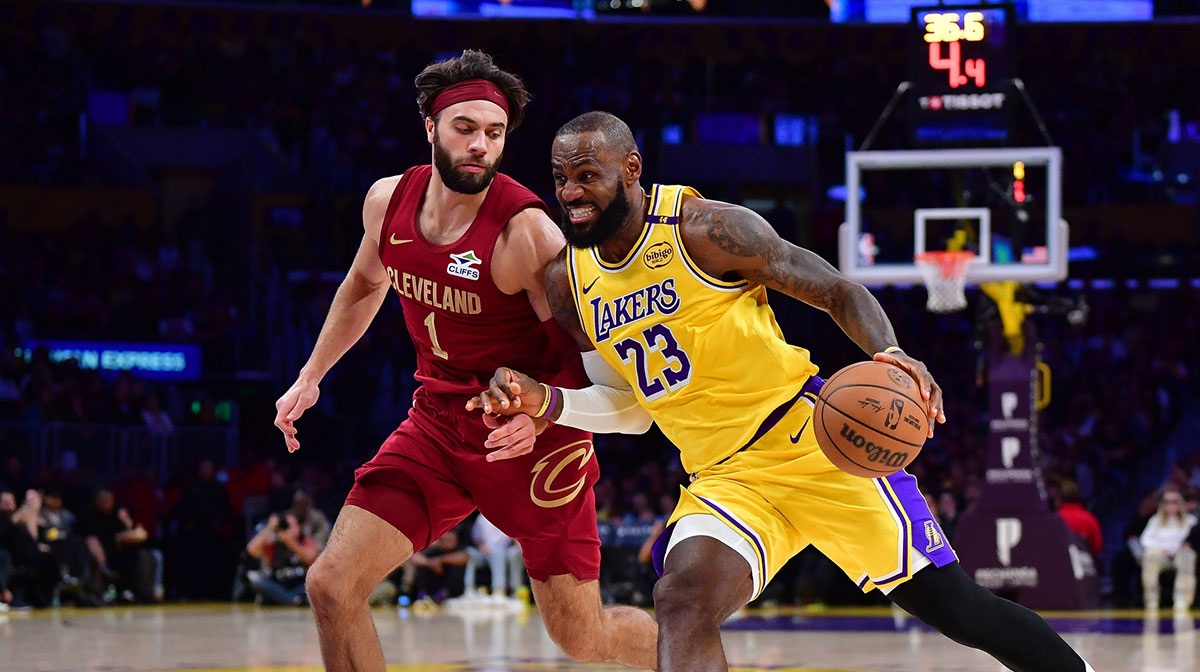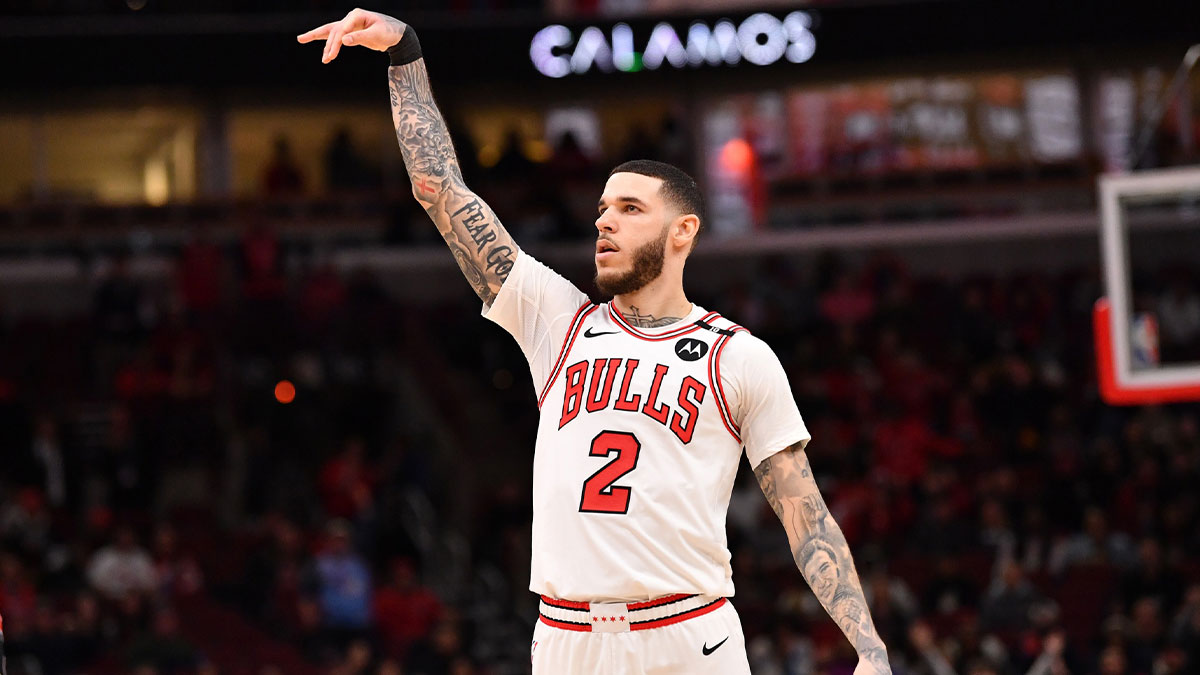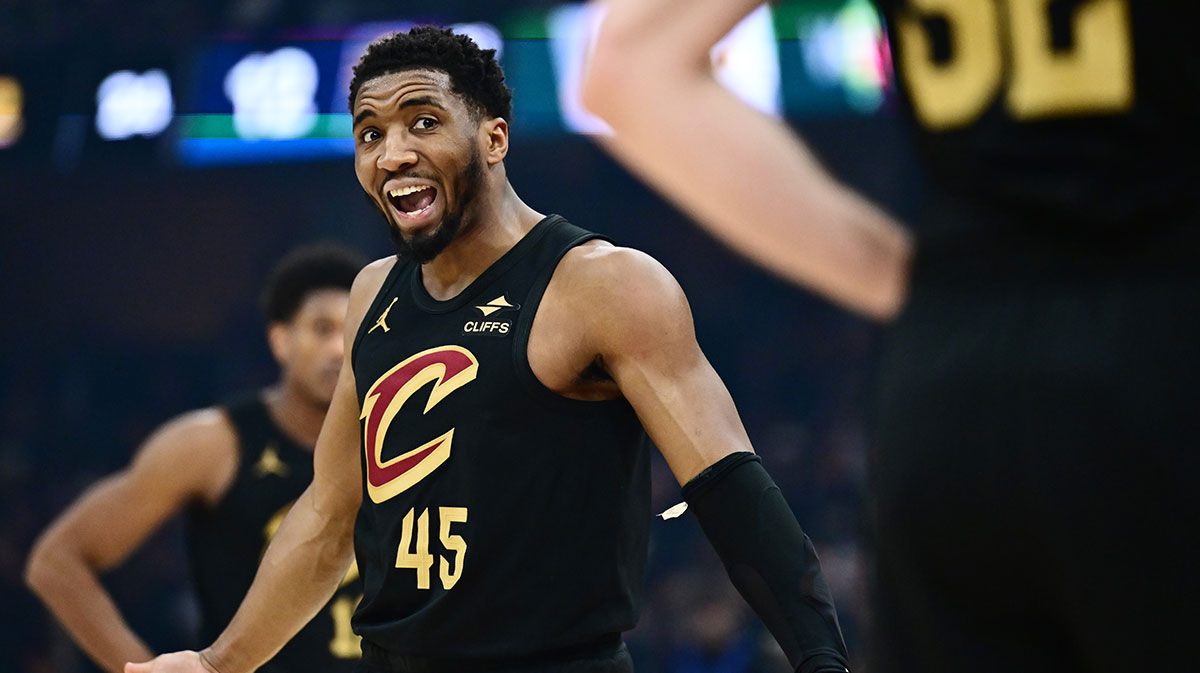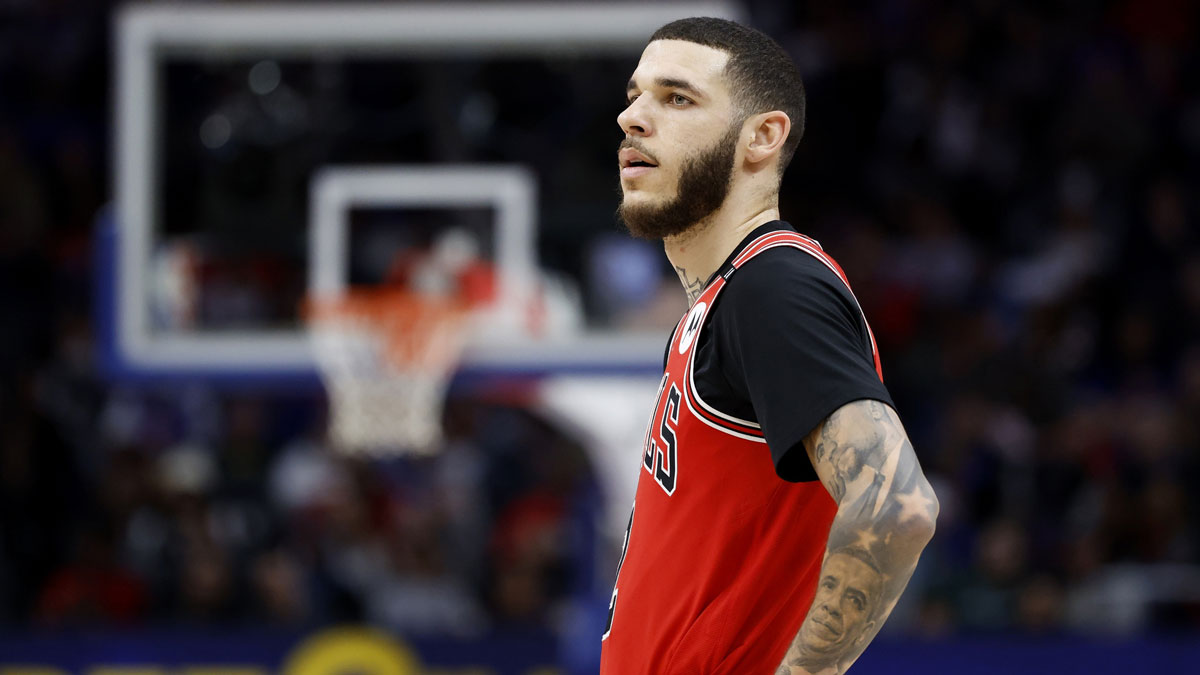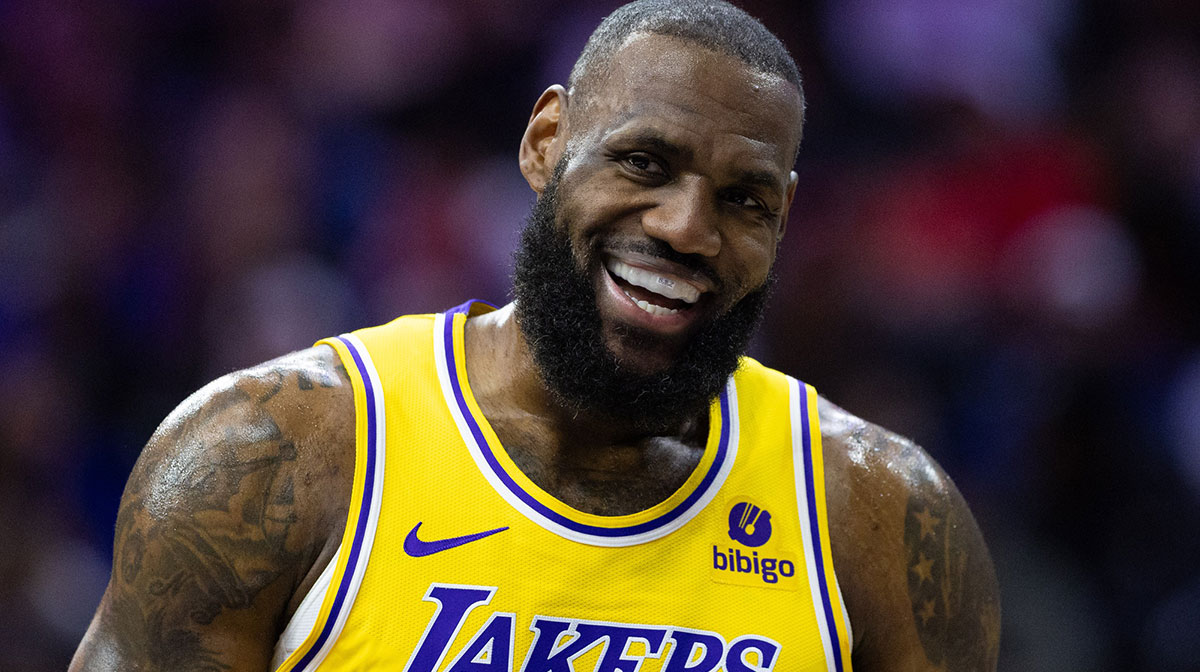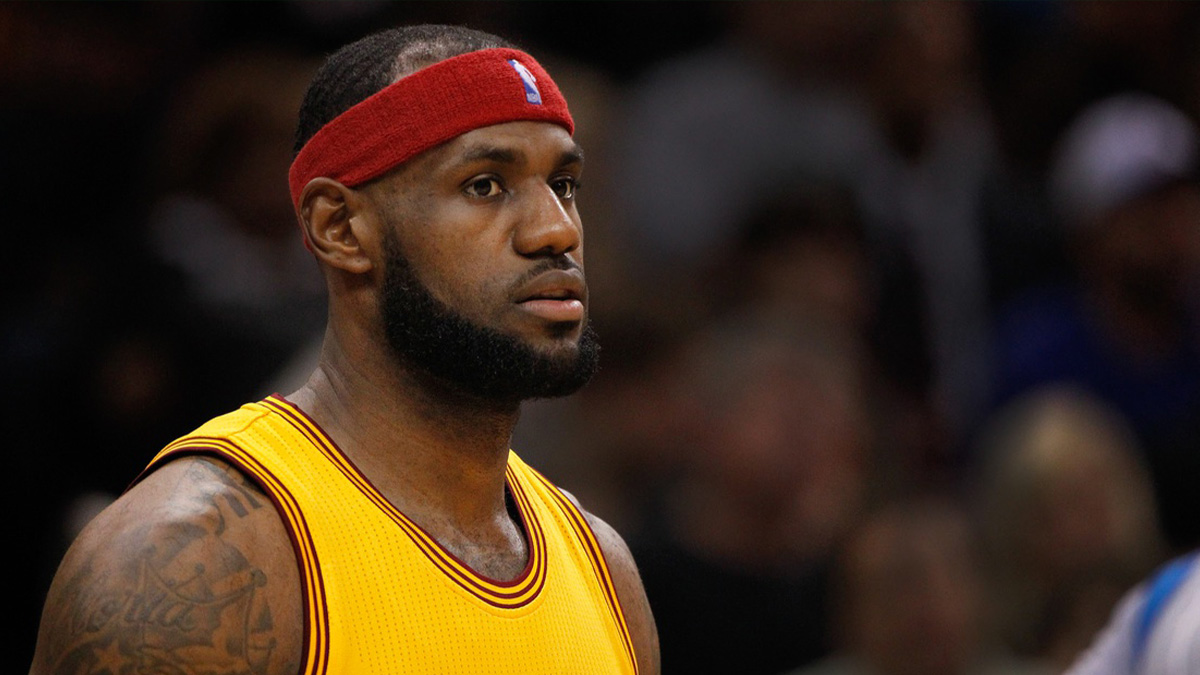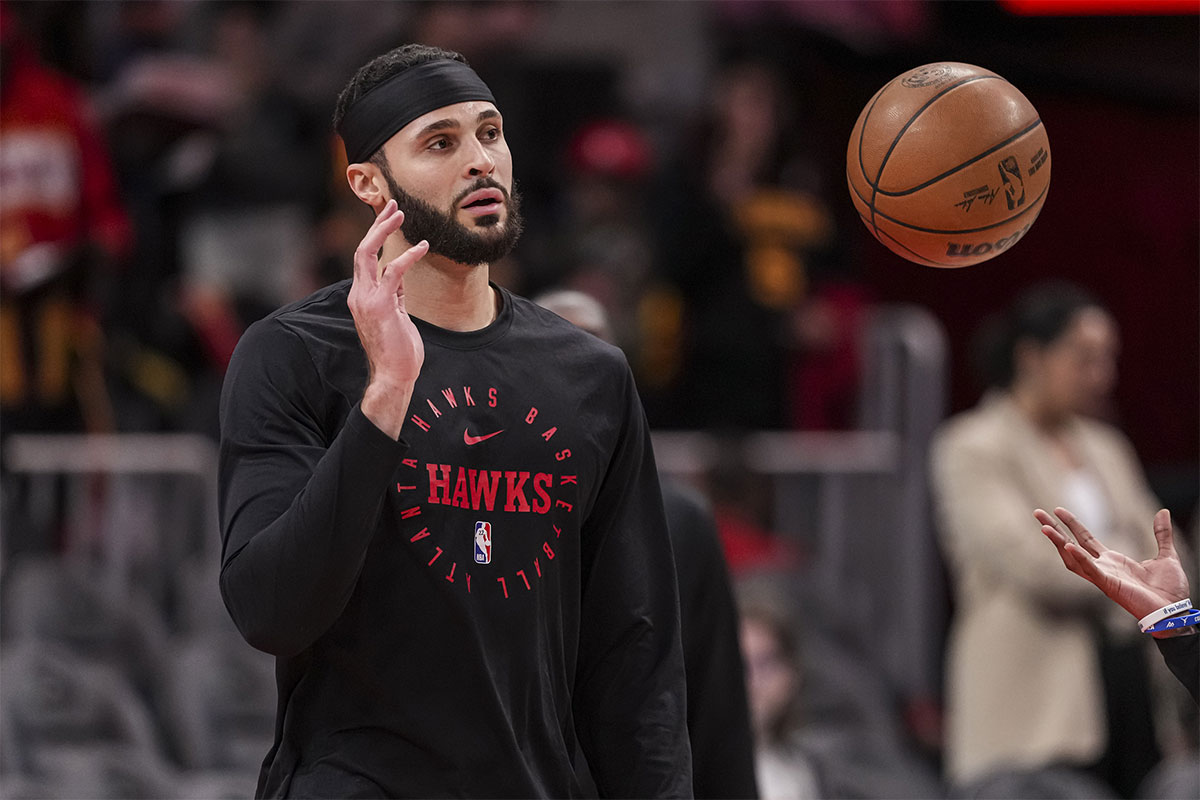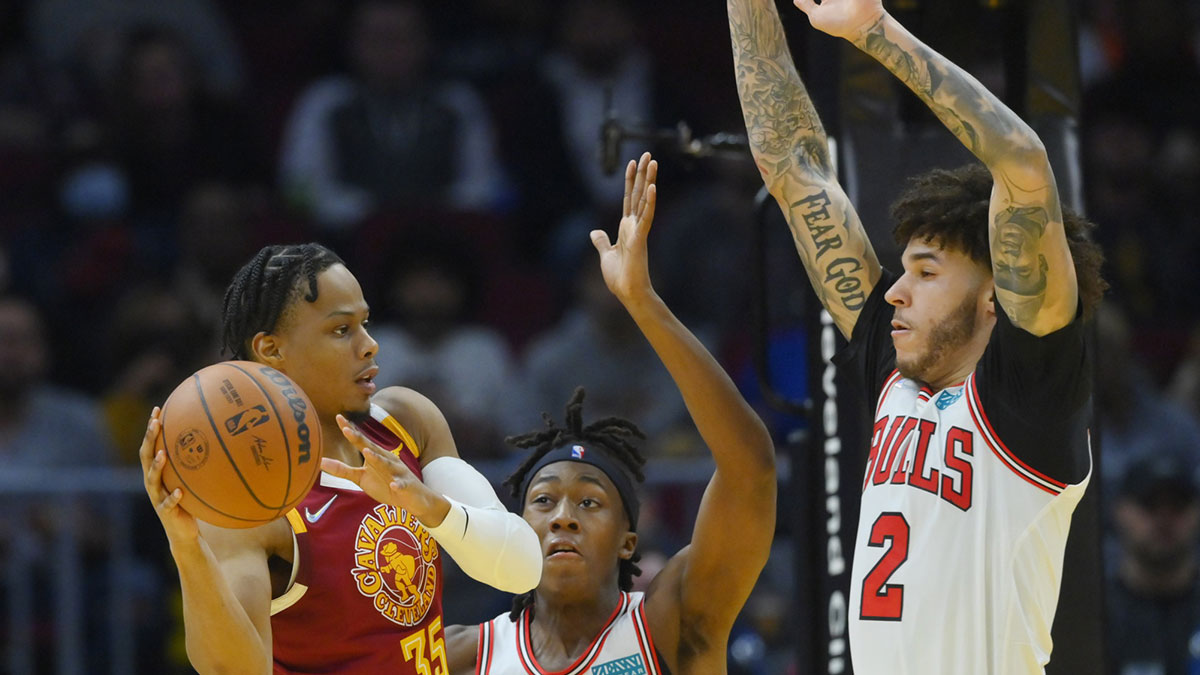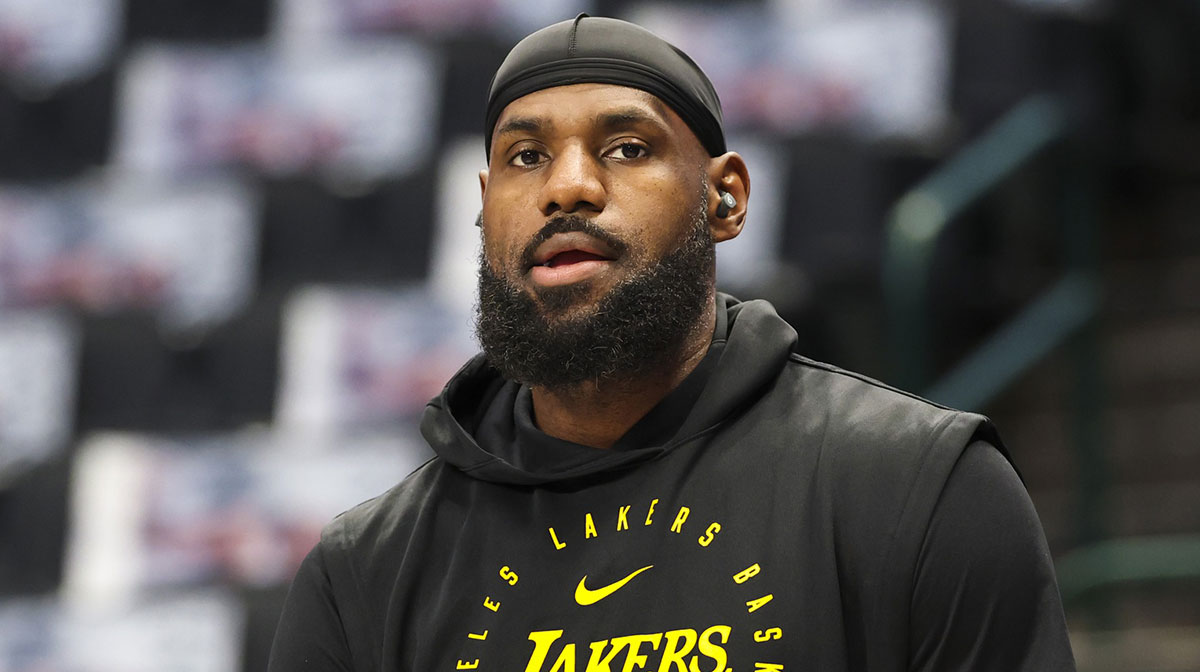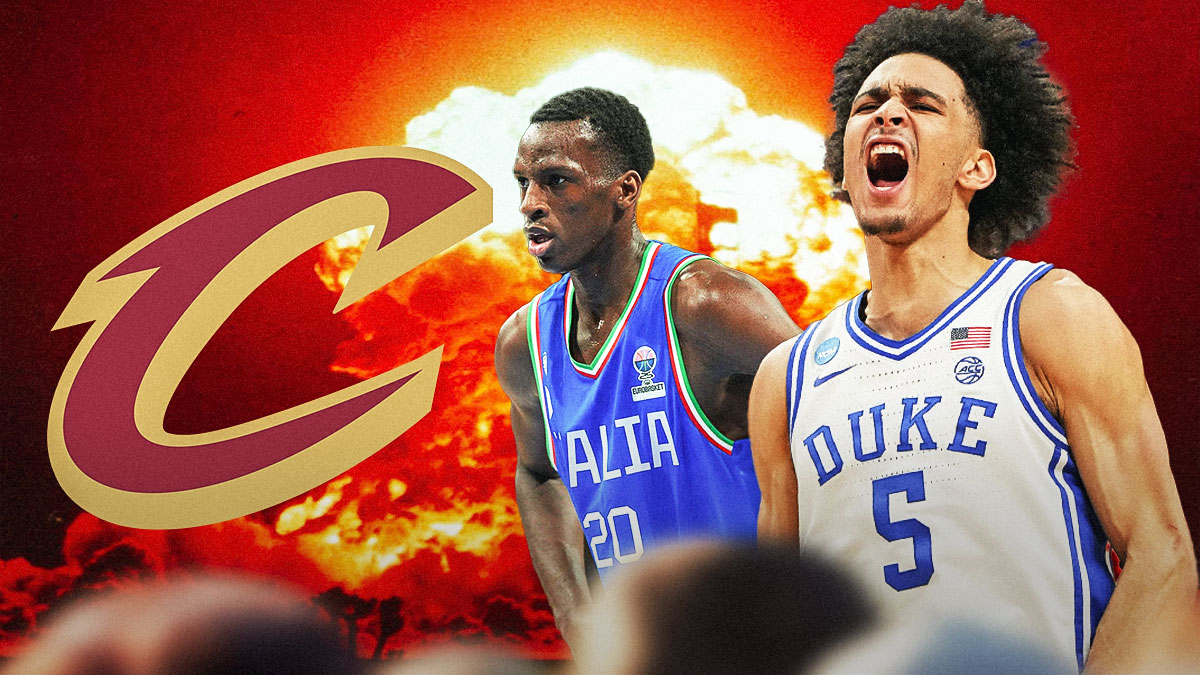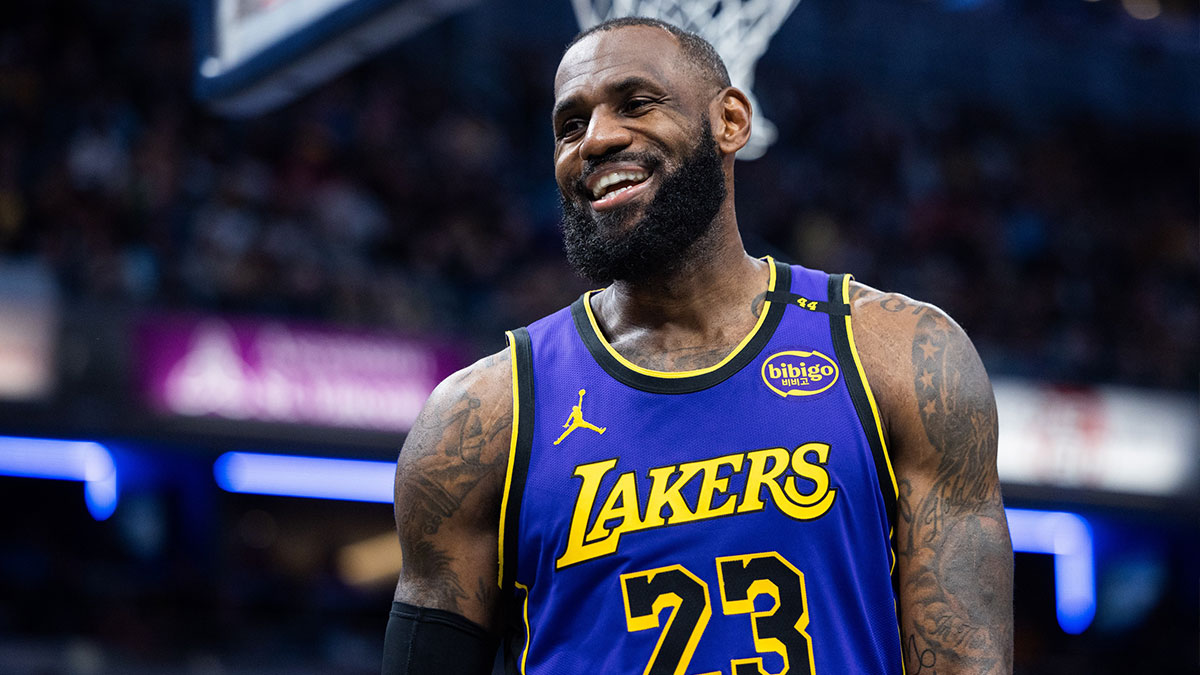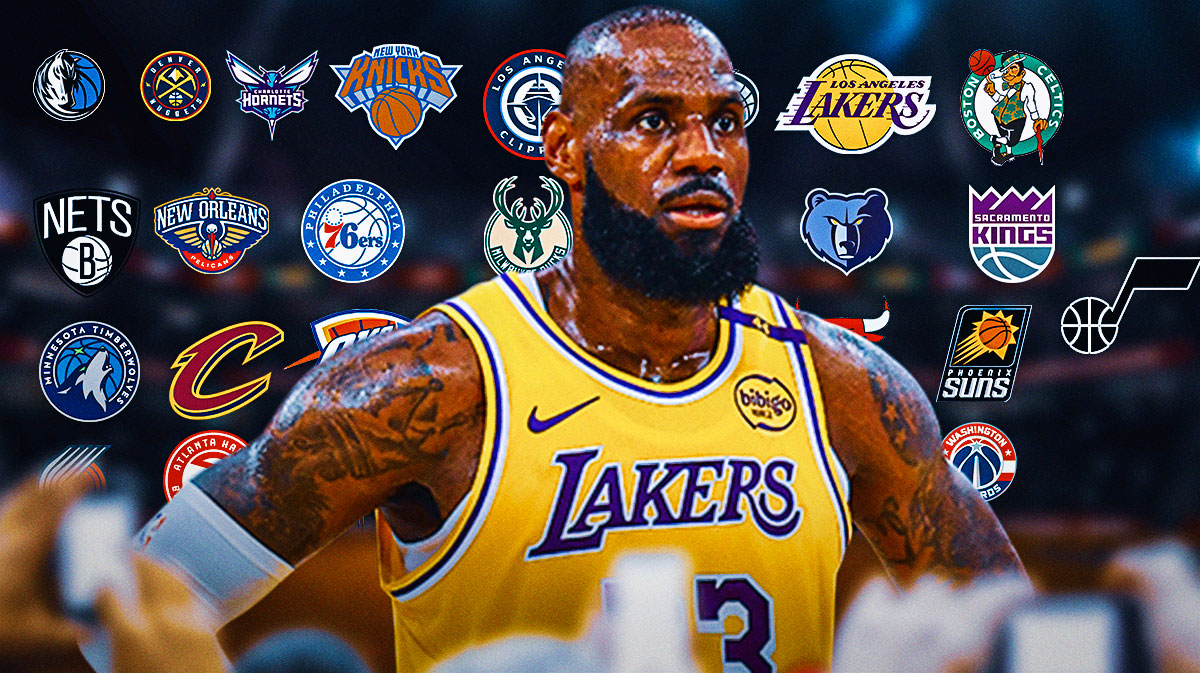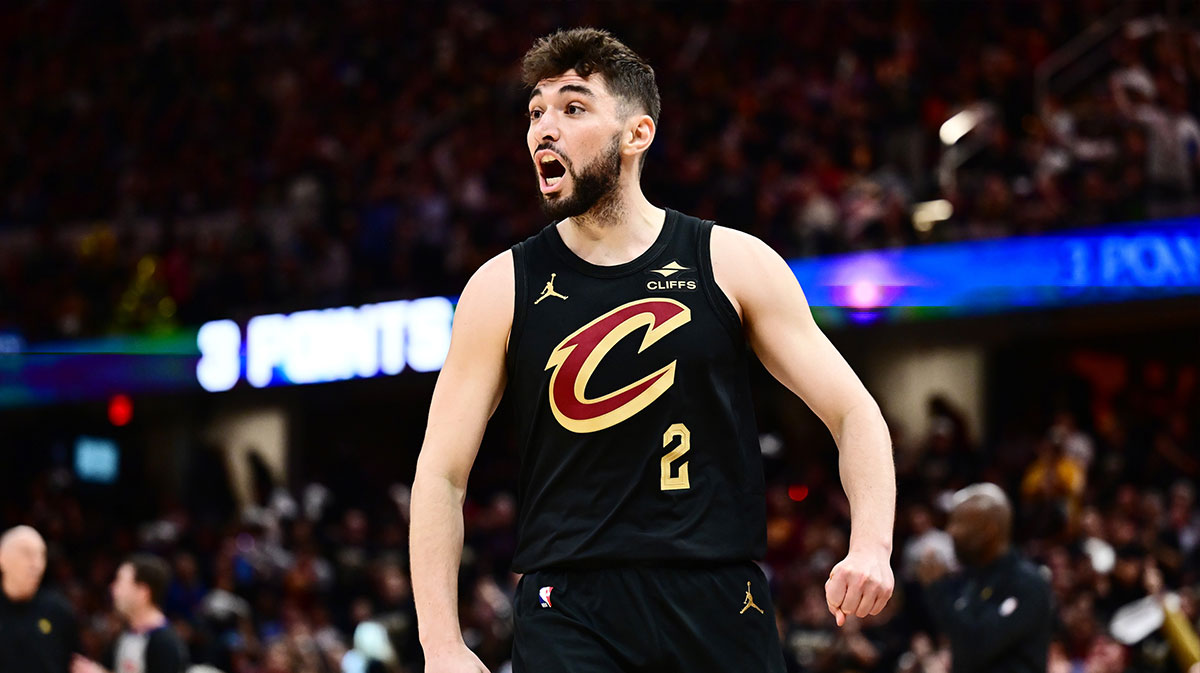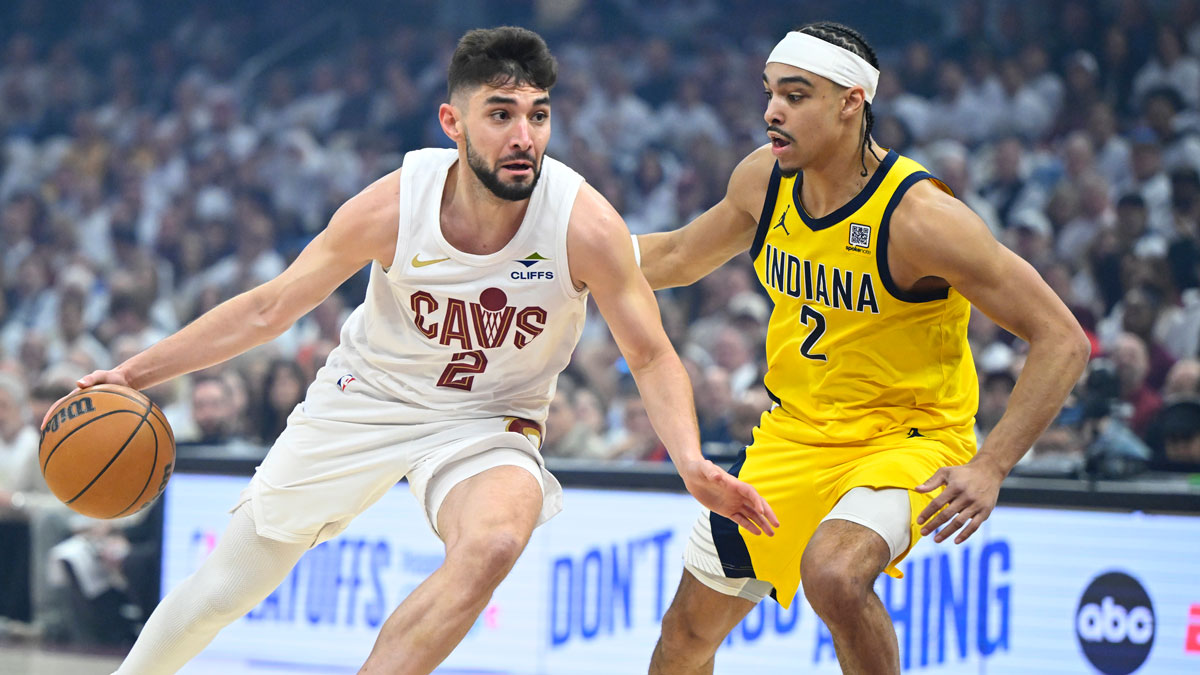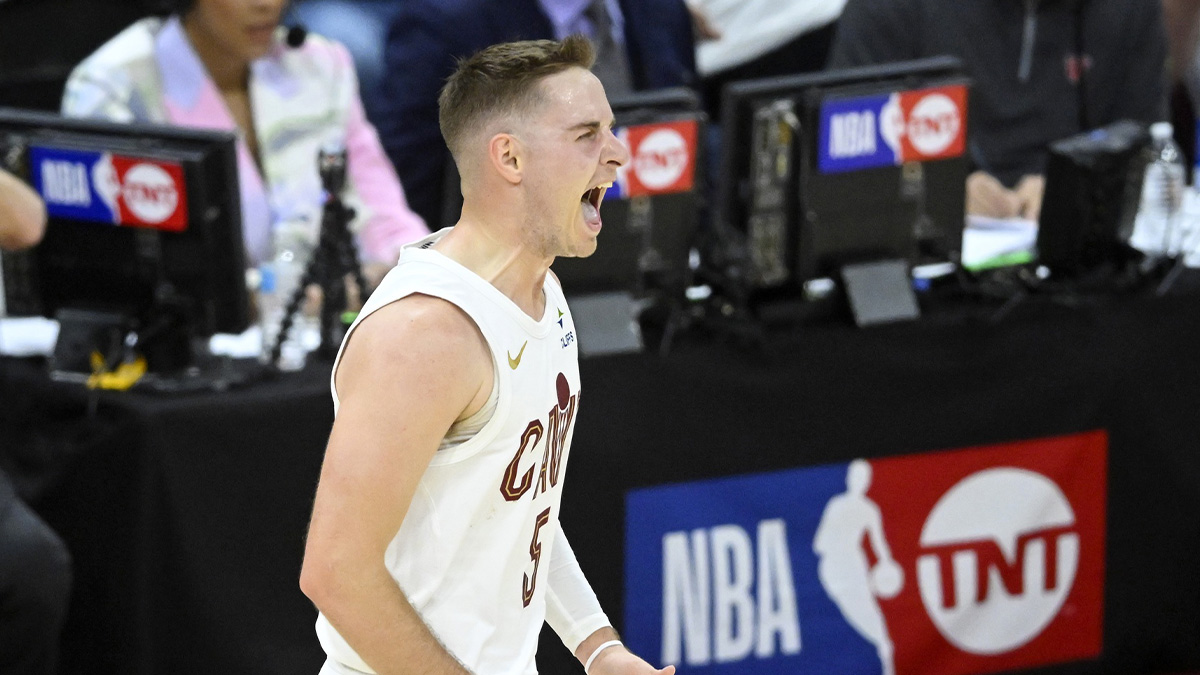It's still the all too long NBA offseason, but training camp is fast approaching. The Cleveland Cavaliers are entering a season filled with unknowns. The team finished with the second-worst record in the NBA in 2018-2019, but is now under new head coach John Beilein, have a healthy Kevin Love, and added some great talent in the draft.
It may not equate to a significant increase in wins, but next season should be very entertaining for Cavs fans. Here are four burning questions as the squad prepares to begin camp.
4. How will John Beilein transfer from college to the NBA?
The Cavs are in a full rebuild, so owner Dan Gilbert decided to hire a coach who has a great track record of not only developing young talent, but also getting the very most out of his teams. The University of Michigan (along with the smaller schools where Beilein coached before) wasn't able to recruit elite talent, but still found success under Beilein.
In his 12 seasons in Ann Arbor, the Wolverines played in the NCAA tourney nine times, won the Big 10 four times, and made the national championship twice. Nine of Beilien’s former players are currently in the NBA, and while none of them are stars, there are some solid role players in the bunch, such as Tim Hardaway Jr. and Caris LeVert, both of whom have made quite a bit of money to this point in their careers.
College coaches haven't had the greatest success in the NBA, but Beilein is looking to buck that trend. He runs an efficient and creative offensive system, is highly respected, and doesn't rely on yelling and theatrics to get through to his players. It will be interesting to see which results are immediate, and which will take a few years for Beilein to build.
3. How will playing time be balanced between rookies and veterans?
Cleveland's future core currently consists of Larry Nance Jr., Darius Garland, Cedi Osman, Kevin Porter Jr., Collin Sexton, and Dylan Windler. Of those six players, Nance is the only one who has been in the league for more than two seasons, and three of them are rookies. Beilein has his work cut of for him as far as balancing playing time for the young guys and the veterans, and putting the rookies in the best situations for them to improve.
The Cavaliers have six backcourt and five frontcourt players who need significant playing time, in addition to Osman and Windler on the wing. The Cavs don't have elite talent at the moment, but they are very deep as far as having players who need to play. As long as a player isn't on a partially guaranteed or two-way contract, he'll see significant minutes.
2. Who will be traded, and when?
Jordan Clarkson, Matthew Dellavedova, John Henson, and Tristan Thompson all are on expiring contracts and could very well be traded prior to the February deadline, in addition to Kevin Love. Cleveland won't wait until the last minute, either. The team traded George Hill and Kyle Korver early last season before moving flipping Alec Burks, acquired in the Korver deal, later on. There will be trades made; it's just a matter of who, and when.
1. How will the Collin Sexton and Darius Garland backcourt perform?
Heading into the draft, Texas Tech's Jarrett Culver was considered the player the Cavaliers would most likely pick, as he played shooting guard and provided good defense. But the Cavs passed on Culver for Garland, the point guard from Vanderbilt who played in only five collegiate games. Garland is a fantastic shooter, but struggles with playmaking and defense, as well as scoring inside through contact.
The decision to draft Garland was puzzling to some, as the team had just selected a point guard eigth overall the year before in Sexton, who also is a subpar passer and defender at this point in his career. The two will start next to each other in the backcourt, and it's up to Beilein to figure out how to get the best out of both. Their play styles aren't exactly complementary, so it will be a challenge.
The duo could end up being similar to Portland's Damian Lillard and C.J. McCollum, or they could fight over the ball like Cleveland's Kyrie Irving and Dion Waiters, in addition to effectively being a wet sheet of paper defensively.

